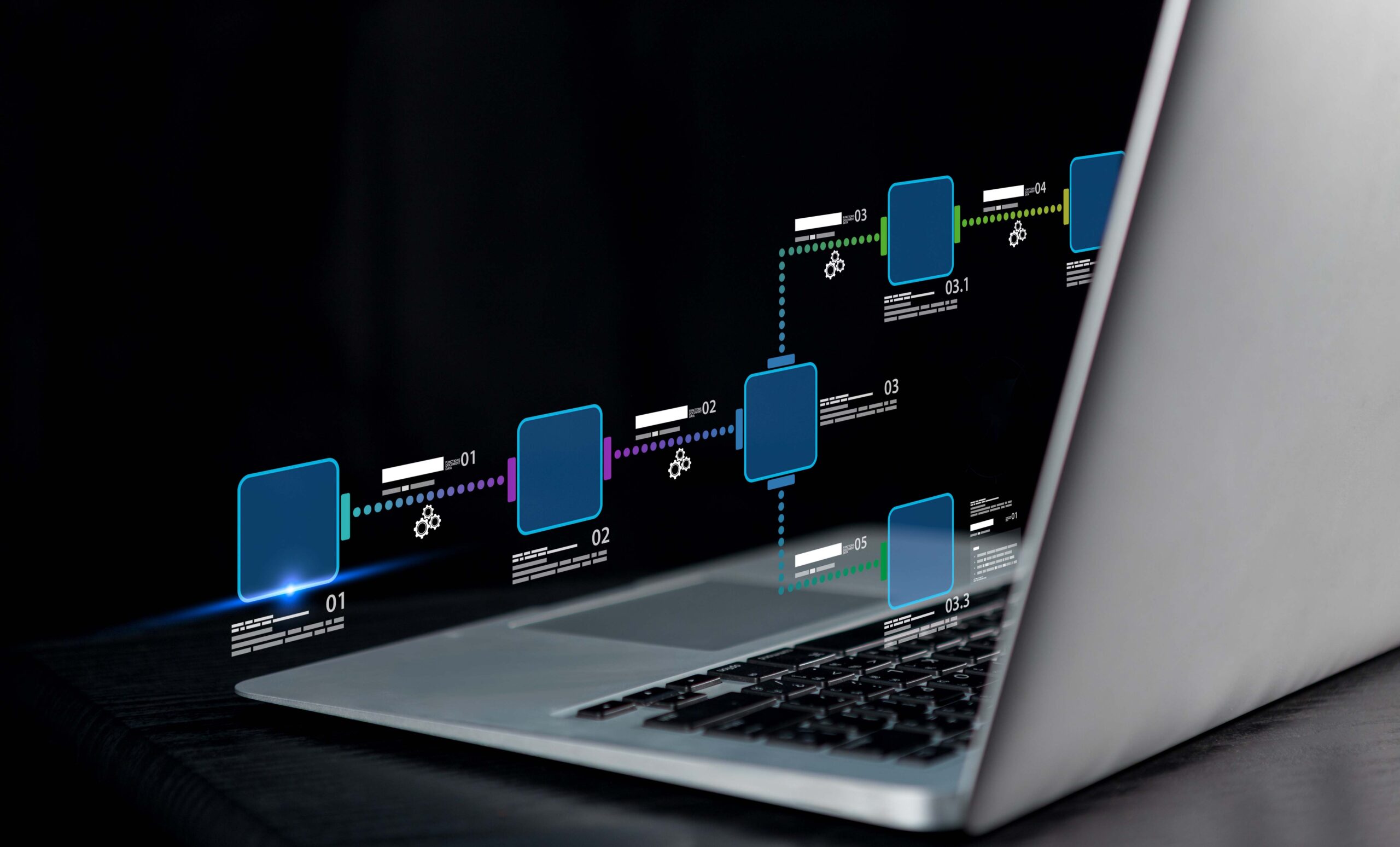From Implementation to Impact – Enabling business success with SAP localized solutions
Key Takeaways
-
Greater supply chain visibility, compliance to policy shifts, and data regulations are top of mind for most businesses.
-
For enterprises, cloud has become the foundation to innovate and succeed globally and locally.
-
With SAP localized solutions, organizations can safeguard their core businesses, expand, and standardize their operations into new markets and remain compliant with constantly evolving local legal reforms.
Businesses operate in an environment that can only be characterized as an aggressive, complex system where outcomes are largely unpredictable and mercurial. While organizations can take prophylactic measures to circumvent the challenges thrown by this landscape volatility, sustainable effects can only be achieved incrementally. Most organizations survive in the rapidly evolving interconnected business ecosystem by either realigning their business strategies and models or aspiring to outmaneuver volatility by adopting data-driven approaches and disruptive technologies. However, despite such measures, businesses are still vulnerable to exogenous factors and trends beyond their control or influence. Top external factors that affect businesses pertain to supply chain disruptions, shifts in customer behaviors and engagement due to economic instability and geopolitical upheavals, unforeseen global issues, talent shortages, lack of skillsets, policy shifts, and regulatory and compliance changes.
Organizations want to future-proof their businesses. Greater supply chain visibility, compliance to policy shifts, and data regulations are top of mind for most businesses today. However, a few of the core operational imperatives for businesses are value creation, operational and infrastructure cost reduction, agility, and resilience. But with such clear imperatives, the question is, how do companies achieve these?
For enterprises, cloud has become the foundation to innovate and succeed globally.
Explore related questions
“It is now fundamental for businesses to deploy localized software solutions in the cloud and stay agile and resilient with the continuously evolving business landscape. With 60 percent of organizations saying that digital transformation is the most important growth driver and 77 percent of CEOs reporting that COVID-19 accelerated their digital transformation plans,1 SAP allows organizations to achieve digital resilience with its localized solutions,” noted Eva Zauke, Executive Vice President, Global Head of SAP Enterprise Adoption, SAP SE.
SAP owns the broadest innovation portfolio of modular and suite solutions available on-premise, in private and public cloud deployments and hybrid, while many companies offer cutting-edge solutions and technologies that modernize the ecosystem suppliers, partners and customers. SAP gives enterprises the visibility of their end-to-end processes and integrates business architectures with regulatory frameworks through standardization and automation strategies. SAP localized solutions allow enterprises to have the business readiness to operate in multiple geographies, scale their business, and win new markets.
Responding to External Challenges through SAP Solutions
As the leading provider of software solutions that automates data processing and information flow across organizational processes, SAP localized solutions power businesses to achieve transparency and clarity across their distributed operations, increased collaboration with partners, real-time data and insights into risks that allow businesses to operate smoothly and sustainably. SAP deploys standard applications, platforms and solutions that can be used from the cloud, private cloud or implemented on-premise at enterprises’ locations. This flexibility supports companies to map and design their processes efficiently and gain real-time insights. In addition, SAP platforms enable businesses to link operational data on business processes with experience data that facilitates better organizational response to customers.
“SAP localized solutions go beyond a single capability, covering processes end-to-end. The solutions are a product of decades of expertise and experience in business applications, and address country-specific requirements and regulatory needs which allow businesses to rapidly adapt to new and evolving regulations and scale their business in new regions and industries,” said Zauke.
To understand the unique opportunities and benefits of SAP localized solutions, here is a look at Nestlé cloud transformation journey.
Nestle’s Cloud Transformation Journey with SAP
Nestlé, a multinational food, beverage, and nutritional health company with a presence in more than 186 countries needed to overcome inefficiencies related to its supply chain process and use artificial intelligence to become agile and flexible in their manufacturing sites. “Nestlé is present in more than 20 Latin American countries, and each market has different regulations and challenges with constantly emerging newer legal requirements. For example, in México, new requirements must be met by all companies with order to cash process, unlike other countries that have one type of tax for all goods. Then there are countries like Brazil with local and regional taxes. The only way to comply with complex regionally determined legal requirements is to have a partner, like SAP, that runs fast side by side with us,” said Sebastian Ojeda, Order to Cash End to End Manager, Nestlé.
Nestlé automated its billing process by implementing SAP Document and Reporting Compliance solution that allowed standardizing processes and complying to local legal mandates. The solution enabled consistency between real-time document submissions and statutory reports. After implementing SAP Document and Reporting Compliance solution, Nestlé achieved a faster, better, and simpler way to control order to cash management and eliminated the need to use different programs to validate their processes. The invoicing process became much simpler with electronic stamping and led to less than 1 percent of rejected documents, and 60 percent reduction in failure rate in México. The solution accelerated the end-to-end order-to-cash process by 73 percent and simplified submitting, validating, and printing invoices.
“Since we implemented customer demands for more information to be added to the billing process, thanks to Document and Reporting Compliance, we can now execute such requirements. Nestlé operates in 8 global markets with SAP Document and Reporting Compliance today. Expansion is confirmed for 2023 in Latin America, and as long as we capture other market requirements, more countries will come in the upcoming years,” noted Sebastian Ojeda, Order to Cash End to End Manager, Nestlé.
Looking Beyond
With the rapid pace of change, businesses will increasingly face multifaceted constraints and obligations, whether technological or regulatory. Although compliance with regulations drives the necessity of digital transformation, it also creates opportunities for business innovation along the way. But while this is true, enterprises should equip themselves with business and technology innovation practices for long-term survival. This includes developing new business models, driving operational efficiencies, and modernizing their systems without disruption.
With SAP localized solutions, organizations can safeguard their core businesses, expand, and standardize their operations into new markets, remain compliant with constantly evolving local legal reforms, and enhance controls that reduce risk while increasing efficiency and operational sustainability. For example, a localized SAP S/4HANA with embedded best practices, embedded analytics and business process intelligence provides a unique opportunity to get integrated tax framework across the enterprise. An enterprise can create a tax sensitized single source of truth across financial, tax and management accounting data with embedded analytics for transparency and optimization of tax strategy. The opportunity is to create a foundation for strategic tax management which enables increased transparency, auditability, and the ability for enterprises to simulate scenarios to optimize tax outcomes. Moving to the cloud with localized solutions also streamline e-invoicing processes across multiple regions, which leads to a lower total cost of ownership (TCO) and lower maintenance. It decreases manual interventions to a minimum level, which leads to cost savings.
SAP localized solutions enable businesses to realize true business value and resiliency to succeed.
________
1 Ernst & Young, 2020








